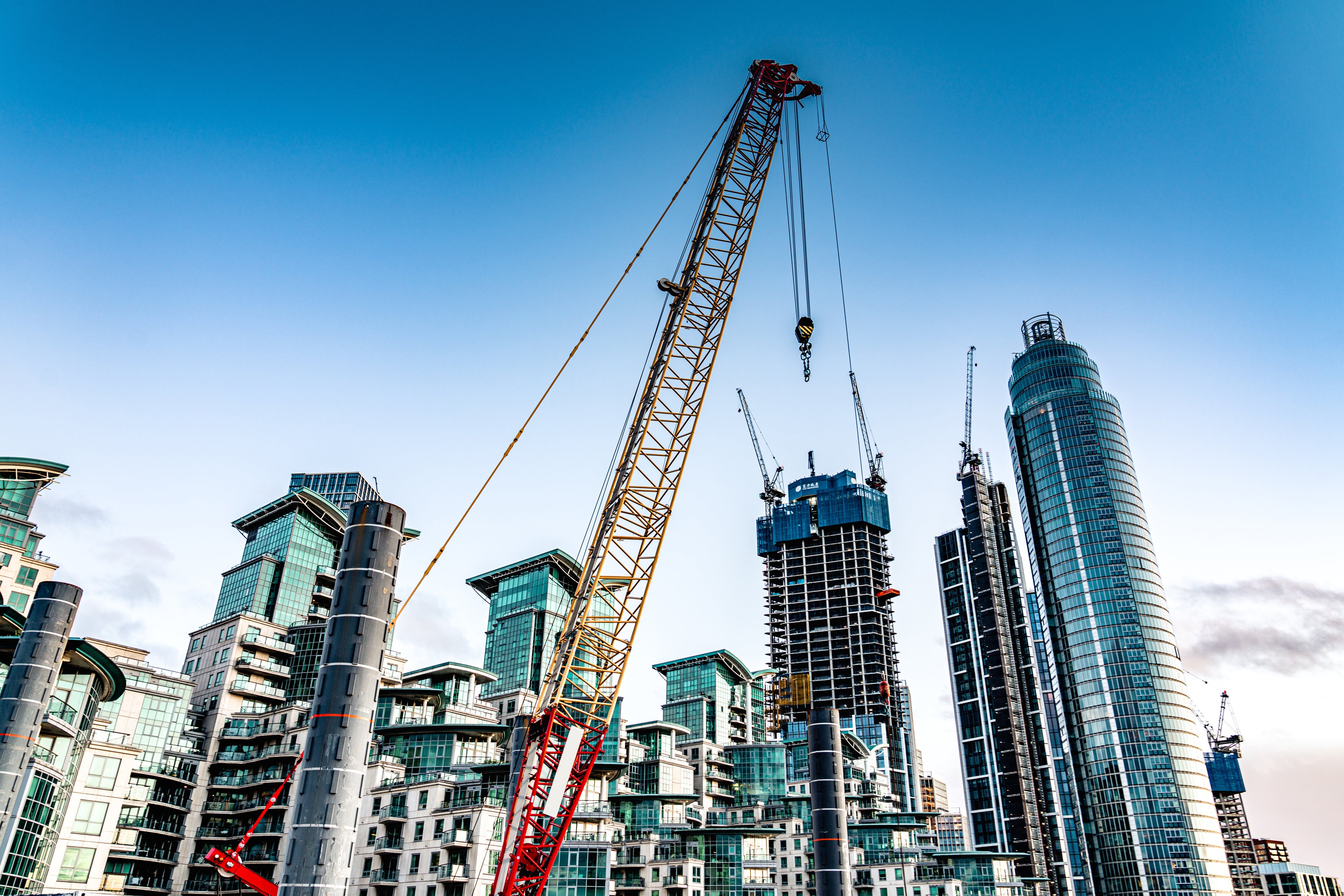Wealth gap between richest 10% and middle-earners grows to record £1.2m
Gap has grown since 2008 despite relatively stable levels of inequality for decades, analysis finds

The wealth gap between the top 10 per cent of households and those in the middle has reached a record £1.2 million per adult, according to the Resolution Foundation.
Once ordinary aspirations such as saving and buying a home are increasingly out of reach for less wealthy households, the think thank focusing on low- and middle-income people said.
In 2006 the average household among the richest 10th held wealth of close to £900,000 more per adult than a family in the middle, or fifth, decile. But by the start of 2020 that gap had increased to over £1.2m per adult, even after accounting for inflation, the Resolution Foundation said.
Persistently high wealth gaps can affect less wealthy people’s ability to save money, own property and boost their lifetime living standards.
The foundation said the amount of accumulated wealth needed to purchase a home had increased but incomes had not.
It made the findings in Arrears Fears, the foundation’s third annual wealth audit of Britain – in partnership with the abrdn Financial Fairness Trust, a charity chaired by former chancellor Alastair Darling.
Overall wealth inequality had remained stable, but high, since the mid-1980s, since when the richest 10th of families has consistently owned around half of the total wealth.
The audit found the big change over this period has been in total national household wealth holdings, which have grown from around three times national income in the 1980s to nearly eight times national income in the most recent data.
Much of the build-up in wealth in recent years has been due to “passive” factors, such as rises in asset prices over time, which benefit those who already own assets.

Meanwhile, households not already wealthy have increasingly struggled to pay their debts.
The foundation said London and southeast England were pulling further away from the rest of the country, despite the government’s “levelling up” agenda.
The share of wealth held by families living in southern England, including London, rose from 42 per cent of total wealth in the two years before the financial crash of 2008 to 46 per cent in 2018-2020.
Jack Leslie, senior economist at the Resolution Foundation, said: “Levels of wealth inequality in the UK have remained high but steady since the 1980s. But, thanks to a multi-decade wealth boom, the UK’s wealth gaps are now the highest on record. The UK is second only to the US when it comes to wealth gaps in advanced economies.
“Milestones such as building up savings and becoming a homeowner are increasingly out of reach for those who are not already wealthy, while the cost-of-living crisis is exposing families who have no financial buffer to cope with rising cost pressures.
“Policymakers must prioritise supporting these wealth-less households during the current crisis, as well as recognising how wealth is reshaping Britain, and not always in a positive way.”
The foundation analysed the Office for National Statistics Wealth and Assets Survey which looks at wealth in Britain, among other data.
A government spokesperson said: “Latest figures show that income inequality fell last year and the number of people in absolute poverty has fallen by 600,000 compared to 2019/20.
“We know people are struggling with rising prices, which is why we’re making £1,200 of direct payments to the eight million most vulnerable families, introducing a £330 tax cut for all workers, and reforming universal credit so that people can keep £1,000 more of their earnings.”
Additional reporting by Press Association
Join our commenting forum
Join thought-provoking conversations, follow other Independent readers and see their replies
Comments
Bookmark popover
Removed from bookmarks